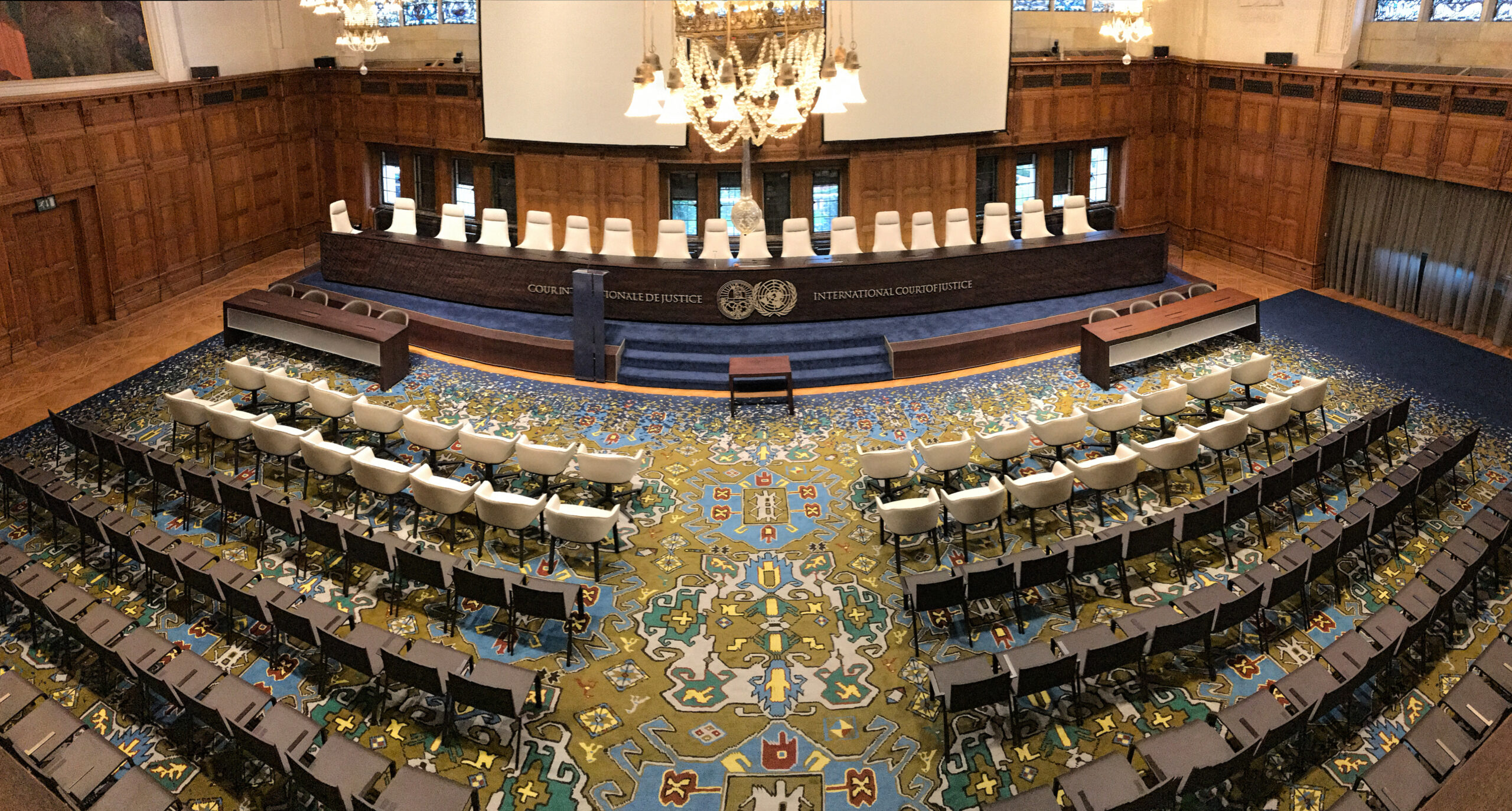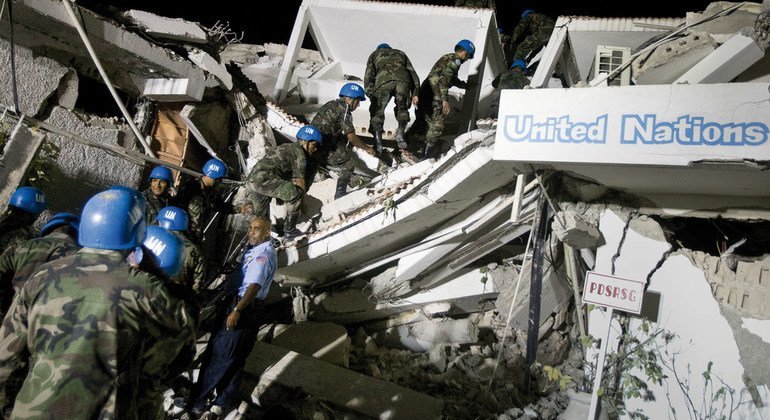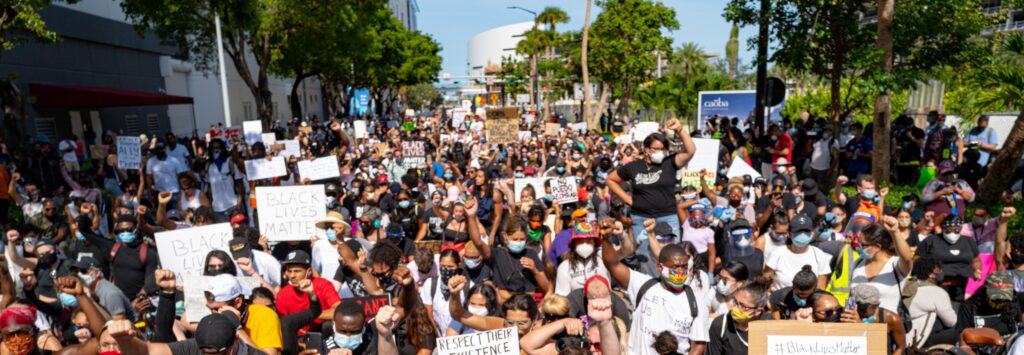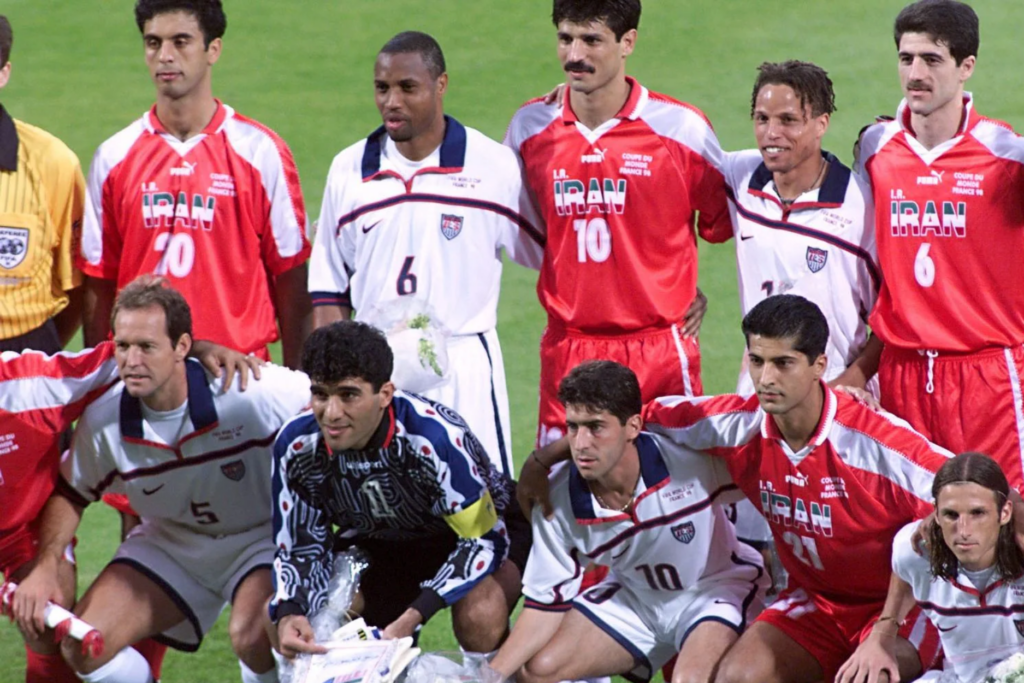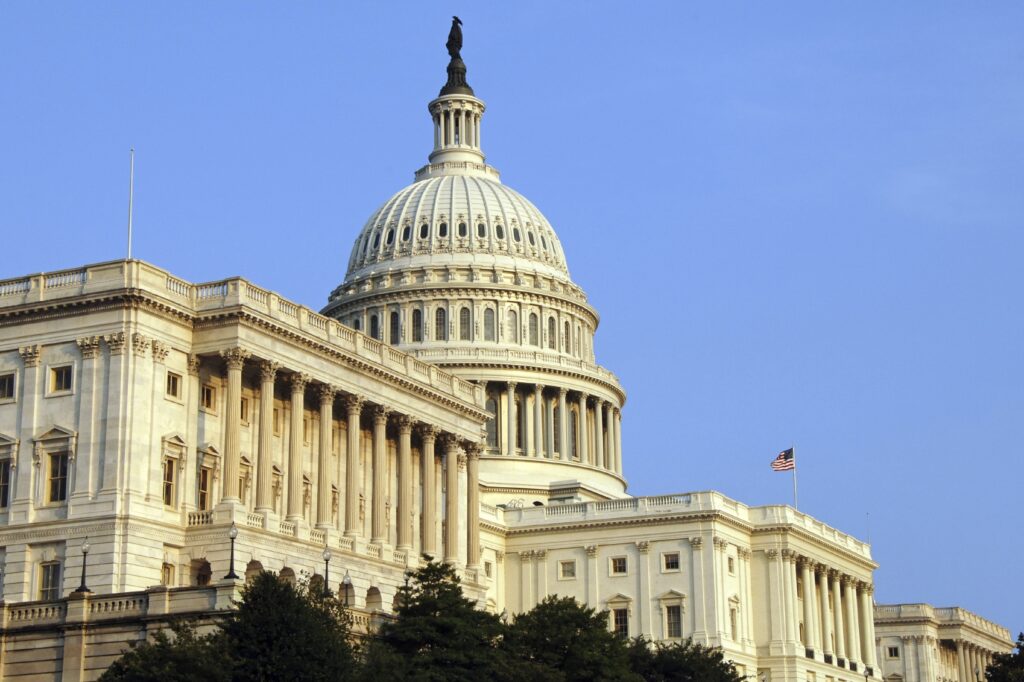With the International Court of Justice recently grabbing headlines, we explore what a ruling by the ICJ means for Member States.
Here are a few things to know about the World Court.
What is the International Court of Justice (ICJ)
Established in 1945 and located in The Hague, Netherlands, the ICJ is one of the six “principal organs” of the UN (and the only body not located in New York). It was created to (1) settle disputes between countries and (2) provide advisory opinions on legal questions brought by other UN organs. Importantly, the ICJ is independent of the UN.
What’s the difference between the International Criminal Court (ICC) and the International Court of Justice (ICJ)?
The ICC is a criminal tribunal that prosecutes individuals, primarily for war crimes or crimes against humanity. The ICJ (often called the World Court) is a civil tribunal that hears disputes between countries.
Why is the ICJ important?
The ICJ is the only international court that settles disputes between the 193 UN Member States. This provides opportunities for countries to resolve issues without resorting to conflict.
Do all UN Member States recognize the ICJ?
While Member States of the UN are automatically parties to court statutes (meaning they can bring a case before the court), that doesn’t necessarily mean that the ICJ has jurisdiction over them. The U.S., for instance, withdrew from compulsory jurisdiction in 1986. Other countries who have not signed the declaration recognizing jurisdiction of the court include China, Iraq, Israel, Libya, Qatar and Yemen.
Does the ICJ enforce its rulings?
No; but if states don’t comply, the Security Council may take action. However, if a case involves one of the five permanent members of the Security Council (China, France, Russia, the U.S. and the U.K.), that state has the power to veto enforcement. Still, the court’s rulings are largely seen as legitimate by the international community, making states more likely to comply rather than risk the disfavor of their international allies.
Who comprises the ICJ?
Fifteen judges are elected to a nine-year term by the UN General Assembly and Security Council. Elections are held every three years for one third of the seats, and retiring judges may be re-elected. Judges are independent magistrates who do not represent their governments, and only one judge of any nationality can be on the court at any time.
How often does the court meet?
As needed. Since the court’s founding, there have been around 200 cases.
What kinds of cases are brought before the court?
The court can rule on two types of cases. Contentious cases are legal disputes between Member States; advisory proceedings are requests for opinions on legal questions referred by UN organs and specialized agencies.
Who can bring a case?
Any UN Member State can bring a case against any other Member State when the common interest of the international community is at stake, regardless of whether or not they are directly in conflict.
What are the consequences of a court ruling?
The rulings of the ICJ are final, and there is no avenue for appeal. It is up to states concerned to apply the court’s decisions in their national jurisdictions, and they typically honor their obligations under international law and comply. If a country fails to perform the obligations incumbent upon it under a judgment, the only remaining recourse is to turn to the Security Council, which can vote on a resolution, per the UN Charter.
A Deeper Dive
Material herein is adapted from a number of sources, including UN News.
